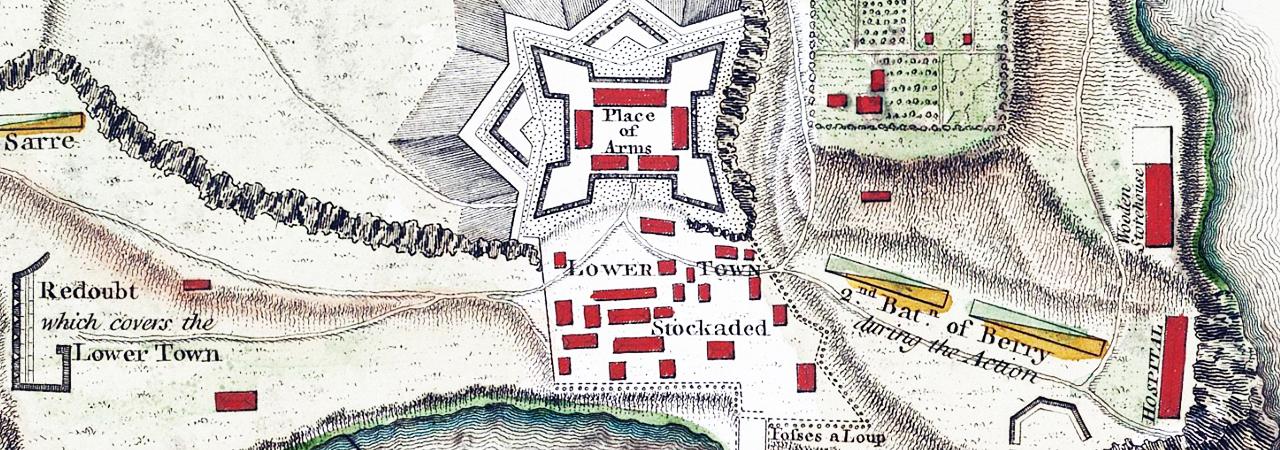About Publications Library Archives
heritagepost.org

Preserving Revolutionary & Civil War History

Preserving Revolutionary & Civil War History

On April 19, 1775 the Revolutionary War had begun with the skirmishing at Lexington and Concord Massachusetts. Once the British detachment retreated to Boston, the Siege of Boston began. As the rebels continued to gather around Boston, they realized that they did not have the munitions or cannon to carry out successful siege or military operations.
Fort Ticonderoga, which is located on Lake Champlain, became an objective for its stores of munitions and the strategic position of control that it held over the waterways to Canada.
As a result, expeditions began to be planned to capture the fort. At the request of the Connecticut Assembly, Ethan Allen and his Green Mountain Boys of Vermont (then a disputed territory of New Hampshire) set out from Hartford on April 28. Meanwhile, Benedict Arnold, who had been on his way to participate in the siege at Boston, convinced the Massachusetts Committee of Safety to authorize his expedition.
When Arnold learned of Ethan Allen’s expedition, he left his men behind and hurried to catch up with Ethan Allen. Arnold caught up with Allen and tried to take command of the expedition on the authority of the Massachusetts Committee of Safety, but since he had none of his own men and the Green Mountain Boys would not follow him, it was agreed that the two men would share command.
On the night of May 9, 1775, about 100 men crossed Lake Champlain and at dawn on May 10, slipped into the Fort. Most of the dozen British soldiers garrisoned there were still asleep. As they entered the officers’ quarters, Allen is said to have yelled, “Come out of there, you damned old rat!” Although in his memoirs, Allen later wrote that he had said, “in the name of the Great Jehovah and the Continental Congress.” The commander of the fort appeared and quickly surrendered the fort.
Both American leaders were ordered to take the approximately 100 canons stored in the fort. They did not arrive in Boston until January 1776.